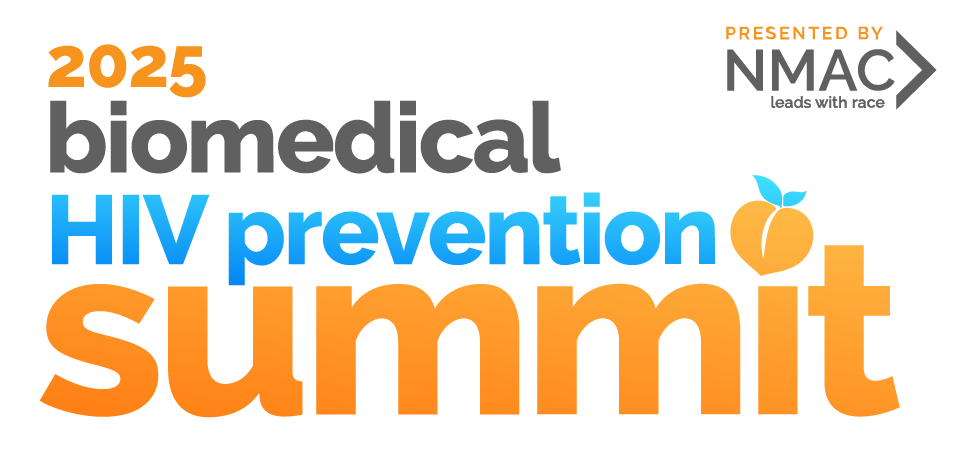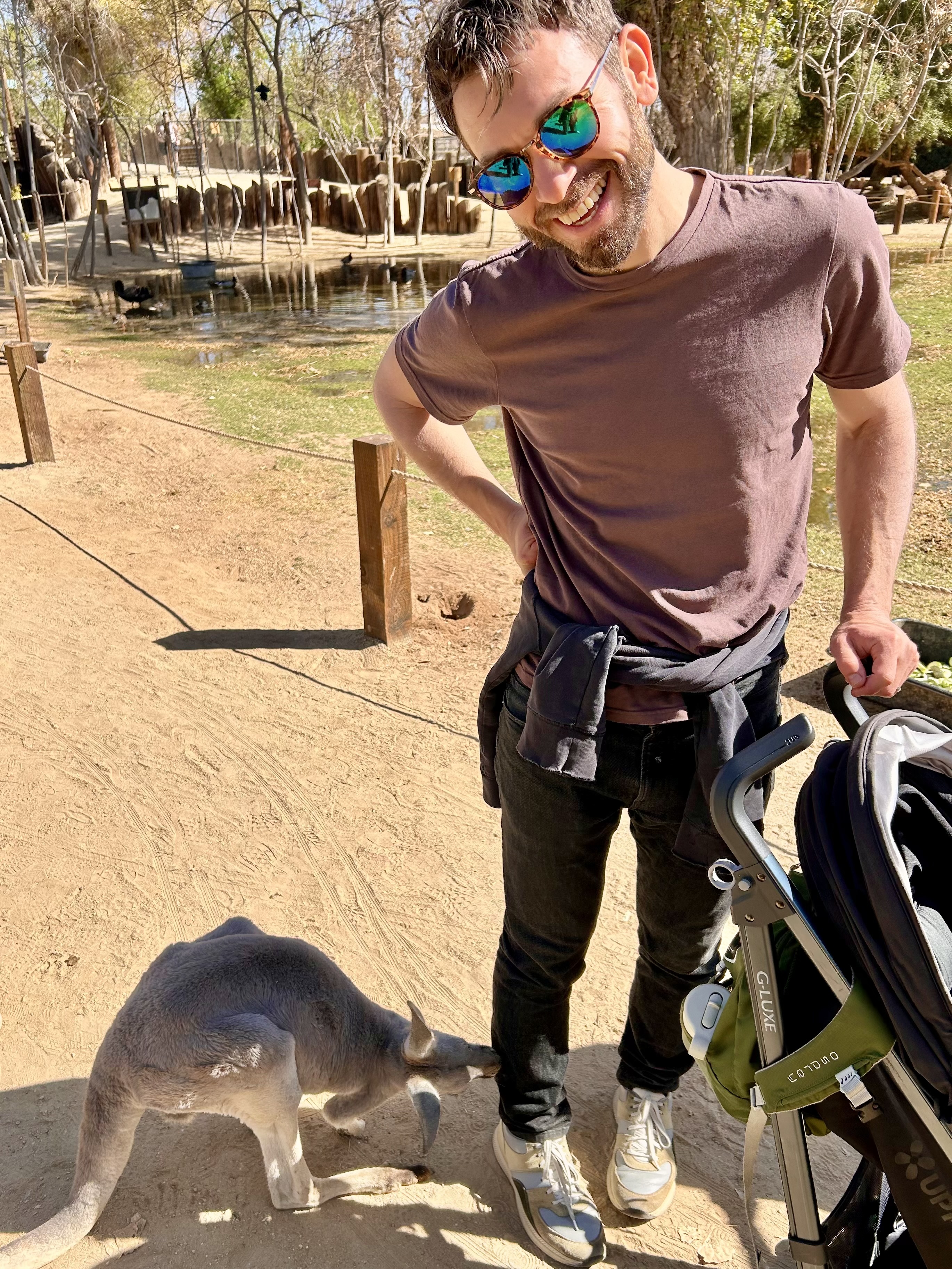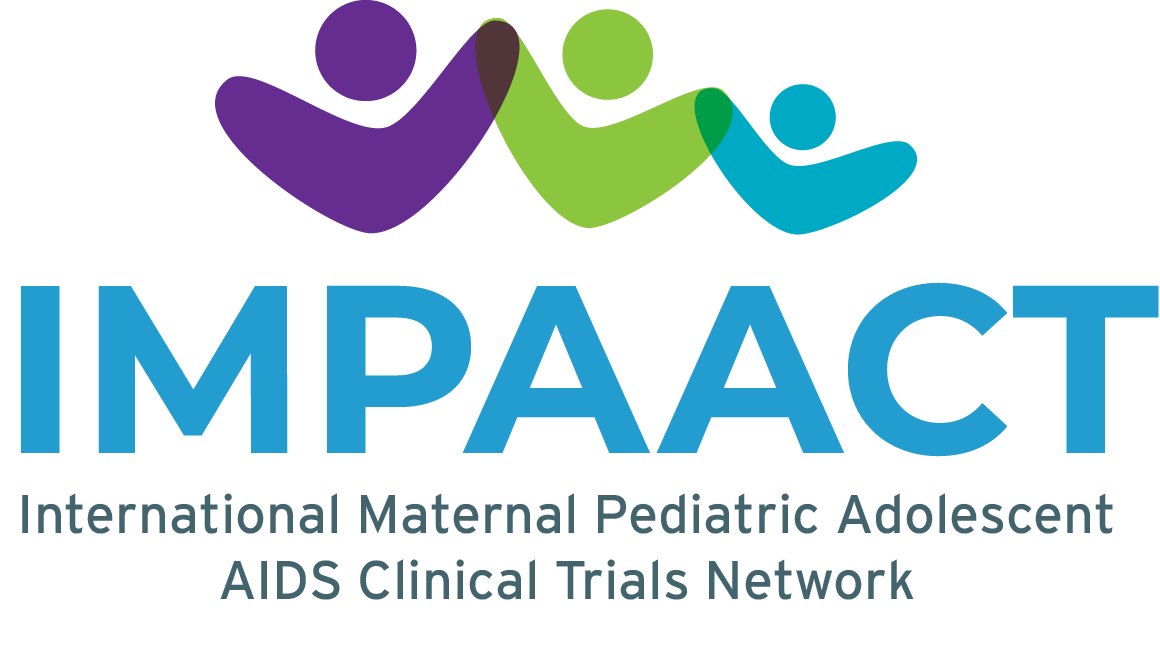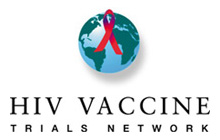TABLE OF CONTENTS
HANC ANNOUNCEMENTS
NETWORK ANNOUNCEMENTS
HANC PROGRAM UPDATES
CONFERENCES AND MEETINGS
|
|
|
|
|
|

|
|
|
HANC Representing at the Biomedical HIV Prevention Summit
|
|
|
|
|
|

|
APRIL 10 – 12th, 2025
Atlanta, Georgia
Project Coordinator Murph Fuentes, HANC Director Russell Campbell and Drs. Lance Okeke and Kenric Ware will present the workshop:
Visualizing Disparities with the Interactive U.S. HIV Research Desert Map
Friday, April 11th
Session 1 Workshop: 10:30 AM – 12:00 PM
Location: Triumph J, Level 2
HANC Legacy Project Manager Cat Banobi in collaboration with the Minority-Serving Institutions Working Group will present their workshop:
Translating Efficacy into Effectiveness: a PrEP Policy for HBCUs
Friday, April 11th
Session 3 Workshop: 4:30 PM – 6:00 PM
Location: Magnificent 3AB, Level 3
Dr. Kenric Ware will present, and Russell Campbell will moderate the Affinity Session:
What’s The Deal with Accessing and Navigating Oral or Injectables for HIV Prevention & Treatment?
Friday, April 11th
Affinity Session: 6:30 PM – 7:30 PM
Location: Triumph A, Level 2
Russell Campbell will be one of the Closing Plenary presenters for the session:
Honoring the Past, Fighting for the Future – Confronting Civil Rights and Health Disparities
Saturday, April 12th, 1:00 PM – 2:30 PM
|
|
|
|
|
|
|
|
A Shoulder to CROI On
Brian Minalga, HANC Deputy Director
March 9 - 12, 2025, San Francisco, CA
|
|
|
|
I should state upfront that I don’t just work at a cancer center; I am a Cancer (the astrological kind). We Cancers, represented by the crab symbol, notoriously carry a protective shell over a capacity for emotion that is unparalleled in the zodiac. Sensitive, intuitive, and imbued with the quintessential feminine energy of the Moon, we are known to indulge in a good cry. This year’s CROI coincided with a Waxing Gibbous moon, culminating in a total lunar eclipse Blood Moon. In other words, there were tears galore at CROI 2025, and I cried my fair share. I can’t cover it all, but here’s a Cancer’s recap of what went down in San Francisco.
Let’s start with the first major applause-winning quote from the opening plenary: “We condemn the censoring of science.” These six words from CROI Conference Chair, Diane Havlir, let the audience know exactly what kind of CROI we were in for. Up until that point, we weren’t sure. I knew that federal employees who had planned to attend would be absent pursuant to federal travel bans. I had seen articles about the censorship of words like “transgender” from the conference. And I knew from my own experience that many of my colleagues were frightened to speak out and stand their ground against the virulent outbreak of anti-science hostilities. But there were the words I had been waiting for—that so many of us had been waiting for: We condemn the censoring of science. How the audience cheered! The stage had been set.
I was not prepared for the next person to take the stage: writer and activist, Rebecca Denison. She had technical difficulties, she stumbled here and there, and she went about 15 minutes over the allotted time. She was brilliant. Rebecca’s story—and the way she delivered it—spoke to every imperfect person in the room. Rebecca Denison is human. She centered humanity in her address to the CROI community—her own humanity as well as that of every person living with HIV, every doctor, every transgender person, every researcher, every person who uses drugs, every study participant, every undocumented person…she reminded all of us of the centrality of people to the work that we do. After all, the H in HIV stands for Human. I won’t do injustice to her speech by attempting to summarize it;
please enjoy it for yourself. (Maybe grab a tissue first).
|
|
|
|
|
|
|
|
After
a standing ovation for Rebecca Denison, I was sure I was sure my tear ducts would get a break. But then Dr. Adeeba Kamarulzaman took the stage to deliver the N’Galy-Mann Lecture, which she titled, “When Science Alone is Not Enough: The Intersection of Drug Use, Public Health, and Policy.” Dr. Kamarulzaman’s last name means, “Moon of the Era.” As the Moon pulls the tides of the seas, Dr. Kamarulzaman’s emotional speech drew tears from the audience. She showed an image of her research team in Malaysia wearing masks in an outdoor area, but she was quick to note that the image was taken pre-COVID. With emotions raking her voice, she told us that the masks were to help cover the overwhelming stench of garbage in the area, which was home to countless people who had been outcast for their addiction to drugs. Once again, humanity was centered in the opening plenary of CROI 2025, as Dr.
Kamarulzaman walked us through her incredible research that has helped to change harmful policies and lower HIV incidence among people who use drugs.
Before I cover my favorite moment from the conference, let’s talk science updates that caught my eye:
- Dr. Steve Shoptaw presented preliminary findings from HPTN 094, one of the few HIV clinical trials conducted to date that was designed specifically for people who inject drugs. Findings showed 70% reduction of all-cause mortality in the intervention arm, which Dr. Shoptaw noted was not a statistically significant finding, but a significant finding in the purest sense of the word.
- A new formulation of Lenacapavir for HIV prevention holds promise for a once-yearly PrEP shot.
- Lenacapavir is also being combined with broadly-neutralizing antibodies to expand options for long-acting treatment for people living with HIV.
- We’ve heard a lot about Lenacapavir’s 100% efficacy at preventing HIV for cisgender women in the PURPOSE 1 study, but new information presented at CROI suggests that F/TAF, also known as Descovy, is a viable option for oral PrEP for cis women. This oral PrEP option is currently limited to people assigned male at birth due to the exclusion of people assigned female at birth from prior studies.
- I’m now losing count of the number of people cured of HIV, which is awesome. Two new possible cures were reported at CROI.
|
|
|
|
|
|
|
|
Finally,
let’s talk about the session chair who is probably looking into ways to ban me from future meetings. Dr. Tonia Poteat chaired a session titled, “Meeting the Treatment and Prevention Needs of Transgender Women.” Dr. Poteat has supported me and my community in priceless ways for many years. In this session, she uplifted the work of three researchers working with trans women in different regions of Brazil and France. On my way to the session, I passed a gorgeous flower shop on Howard Street in San Francisco. You know that phrase about “giving people their flowers”? Well, I did just that…by going to the session microphone and asking Dr. Poteat to accept some purple roses as a small token of gratitude from the community. So many conference goers approached me later and thanked me for giving Dr. Poteat her flowers, because she had also made a difference in their careers, lives, and
communities. As for Dr. Poteat herself, well…let’s just say the limelight isn’t everyone’s comfort zone. But I firmly believe that the way we move forward in the HIV movement is by uplifting each other. I’ve been preaching this for a while now: we need to be more united as a field, even through disagreements. We should always be lifting each other up—never tearing each other down (that territory is well covered already). Cancel culture is over—let’s normalize expressing our gratitude for one another, taking pride in the success of others, and giving each other our flowers while we’re still around to smell them.
Let’s also normalize crying at conferences. This was only my second CROI, but I’ve always heard about its reputation for being exclusive and guarded. This year’s CROI felt more like an exhale. While so much of our future is threatened, perhaps we are beginning to unite around the work that means so much to all of us, and to see each other in our shared humanity. If you haven’t had a chance to let it out yet, find yourself a good Cancer’s shoulder, and have a good cr(oi)y.
|
|
|
|
|
|
|
|

|
Tyler surviving a viscous kangaroo attack last month!
(he made it out with his pants intact)
|
Tyler Brown
Laboratory Project Manager
Office of HIV/AIDS Network Coordination (HANC)
Seattle, WA
|
Meet seasoned HANC pro Tyler Brown! Providing support and much needed levity to HANC since 2018. We're lucky to learn more about Tyler and his work within the clinical trials laboratory sphere.
Describe your role and affiliation, and HIV work background!
My work in HIV began at the Madison Clinic, an HIV/AIDS clinic in Seattle, where I worked with patients to support their adherence to ARVs through both in-home and in-clinic visits. In my current role I serve as the Laboratory Project Manager at HANC, where I support HANC’s work to improve cross-network laboratory operations. My role is part of HANC’s broader mission to strengthen the science and operations of the four DAIDS Clinical Trials Networks through cross-network coordination.
|
What goals do you have for the coming year?
One of my goals for the next year is to roll out some of the resources we’ve been working on at HANC to help build community trust around how labs handle research biospecimens (e.g., samples of blood, saliva, etc.). The project goal is to bring together community members and lab staff to come up with practical ways to make the lifecycle of samples more transparent and easier to understand. One of the aims is then turning these strategies into guidelines, educational materials, and other tools to support both lab teams and the communities they work with. If you have any thoughts or insights on this topic, feel free to reach out at tdbrown3@fredhutch.org!
What keeps you motivated?
What keeps me motivated is watching this research evolve in real time and seeing breakthroughs that genuinely improve people’s lives. It’s incredible, not just from a scientific standpoint, like seeing new drugs developed, but also because there’s so much meaningful progress happening across the networks when it comes to health justice. I also just think this field draws in people, past and present, who are naturally tenacious, who aren’t afraid to take on a virus as complex and relentless as HIV. Being surrounded by that kind energy of is incredibly inspiring and motivating.
What can others do to support HIV research?
Speak up. Advocate for HIV research funding by contacting your elected officials and letting them know that HIV research matters to you. And, if you’re able, get involved directly by participating in research through HIV clinical trials, join community advisory boards, or help connect others to these opportunities. Last, but not least, share and promote accurate information that challenges HIV stigma!
What sound or noise do you love? Why?
I love the crackle of a vinyl record as it starts up. Not sure I can explain why other than its just a lovely soft and warm sound!
What fictional character best represents you?
As the parent of a preschooler, I’ve been especially inspired lately by Bitzer, the sheepdog from Shaun the Sheep. Because it seems that no matter how often the mischievous sheep test boundaries, he somehow manages to stay calm, kind, and focused on keeping things running smoothly. Bitzer has inspired me to meet my four-year-old’s energy with that same patience.
Whether wrangling preschoolers or lab SOPs, Tyler always keeps his cool. Tyler is a steady and welcome presence at HANC. We hope he can relax with a record now and then, and that the kangaroo attacks are minimal.
|
|
|
|
|
|
|
|
Don't miss the third webinar in the Community and Stakeholder Input to Inform the Future of HIV Research series!
Presentation slides now available in English, Spanish, Portuguese, and Thai.
Find all HANC webinars and presentations on hanc.info.
|
|
|
|
|
|
|
|
|
|
|
|
Follow Legacy Project on Social Media
|
|
|
|
|
|
|
|

|
|
|
IMPAACT 2017 (MOCHA) Data Supports European Commission’s Authorization of Vocabria and Rekambys in Adolescents
The International Maternal Pediatric Adolescent AIDS Clinical Trials (IMPAACT) Network is pleased to announce that data from IMPAACT 2017/MOCHA (More
Options for Children and Adolescents) has informed the European Commission’s authorization of ViiV Healthcare’s long-acting injectable Vocabria (cabotegravir long-acting injections) and Johnson and Johnson’s Rekambys (rilpivirine long-acting injections). The authorization expands the adult approvals of long-acting cabotegravir and rilpivirine for HIV treatment to adolescents aged 12 years and older and weighing at least 35 kg who are virologically suppressed. The US Food and Drug Administration (FDA) also previously approved this indication, based on data from IMPAACT 2017/MOCHA.
|
|
|

|
|
|
The HVTN will be participating in the upcoming Biomedical HIV Prevention Summit held in Atlanta, GA on April 10-12, 2025.
Michele Andrasik, Director of HVTN’s Social & Behavioral Science and Community Engagement Unit, will also be one of the speakers at the pre-conference gathering on PrEP in Black America on April 9. Ulysses Burley III, Project Director for HVTN’s Faith Initiative, will be a panelist for the workshop “Faith Communities as Catalysts for Innovation and Equity in HIV Prevention”, speaking about the HVTN Faith Initiative as an innovative model for biomedical research information and education. Additionally, External Relations team member Daniel Driffin is a member of the conference local organizing committee. We look forward to seeing everyone in Atlanta!
|
|
|
|
Behavioral and Social Sciences
|

|
Greg Davis
HANC
Project Manager
|
The Behavioral Science Consultative Group is currently working on two projects. The full group has made significant progress on the measures coordination recommendations project. This project has been a focus of the group and is nearing completion. A smaller, ad-hoc group, has been formed to discuss implementation science.
The Financial Disclosure Working Group will begin reviewing the FDCOI SOP in April in preparation for the upcoming solicitation. The annual solicitation is set to occur in September 2025.
|
|
|
|
|
|

|
Greg Davis
HANC
Project Manager
|

|
Russell Campbell
HANC Director
|
Community Partners: Two ad-hoc work groups have been formed to address specific workplan objectives. One group is focused on creating a cross-network CAB onboarding package. The group hopes to finish the work within six months. The other group is addressing community concerns around language. The group has met a handful of times and will meet again in the upcoming weeks.
Community Partners will not hold a face-to-face meeting in 2025. Instead, the group is considering hosting online presentations on key topics and issues. The Community Partners Executive Committee will discuss potential topics on their upcoming meeting in early April.
The TB Vaccine Community Engagement Strategy WG meets again at the end of April. During the meeting, the group will decide which projects it would like to focus on for the second half of the year.
|
|
|
|
Cross-Network Coordination
|

|
Kathleen Pescasio
HANC Cross-Network
Project Manager
|
The Cross-Network Communications Working Group (CWG) recently met and shared plans for upcoming Network annual meetings and conferences.
The Cross-Network Site Coordinators Working Group (SCWG) has been having conversations regarding the DAIDS Electronic Information Systems Policy and Computer Validation Requirements. DAIDS recently sent out an update that completion of the EIS Evaluation Checklist is no longer required, and instead will serve as an optional internal tool.
The Data Management Center Working Group (DMCWG) continues to discuss the DAIDS AE grading table, as well as plans for soliciting new members for the Pregnancy Outcomes Data Working Group.
|
|
|
|
|
|

|
Tyler Brown
HANC Laboratory
Project Manager
|
Now Published: In March, HANC worked with the four Network Lab Centers and DAIDS Clinical Laboratory Oversight Team (DCLOT) to revise and publish a new version of the Terminology Criteria and Responsibilities for Reporting DAIDS GCLP Laboratory Audits or Initial Assessments. The new document can be accessed on the HANC public website by clicking here.
Lab Working Group March Recap:
- The Lab Focus Group held a call with DCLOT to discuss upcoming updates to the DAIDS Good Clinical Laboratory Practice (GCLP) Guidelines and lab site readiness for document archiving.
- The CPQA Program and HANC launched a new laboratory working group designed to give scientists opportunities for open dialogue by sharing resources, exploring new developments, and exchanging ideas related to pharmacology lab operations and held its inaugural call to align on goals and set priorities for the group.
Reminder: HANC has published a new version of the Cross-Network PBMC Processing SOP (Version 7.0)! The updated SOP is now available on the HANC website for public access in English, Spanish, Portuguese, Vietnamese, and Thai. You can access the new document here. If you have any questions or need further information, feel free to reach out to us at
tdbrown3@fredhutch.org.
|
|
|
|
|
|

|
Brian Minalga
HANC
Deputy Director
|

|
Cat Banobi
Legacy
Project Manager
|

|
Gabriella Olague
HANC
Project Coordinator
|
|
|
4/18: Legacy recognizes National Transgender HIV Testing Day
5/1: Brian Minalga will deliver the opening plenary address at the 19th Annual American Conference for the Treatment of HIV, taking place in Chicago, IL. Brian’s address will focus on person-centered care and recommitting to scientific integrity.
|
|
|
|
|
|
|
|
U.S. Conference on HIV/AIDS (USCHA) 2025 (Washington DC)
|
|
|
|
|